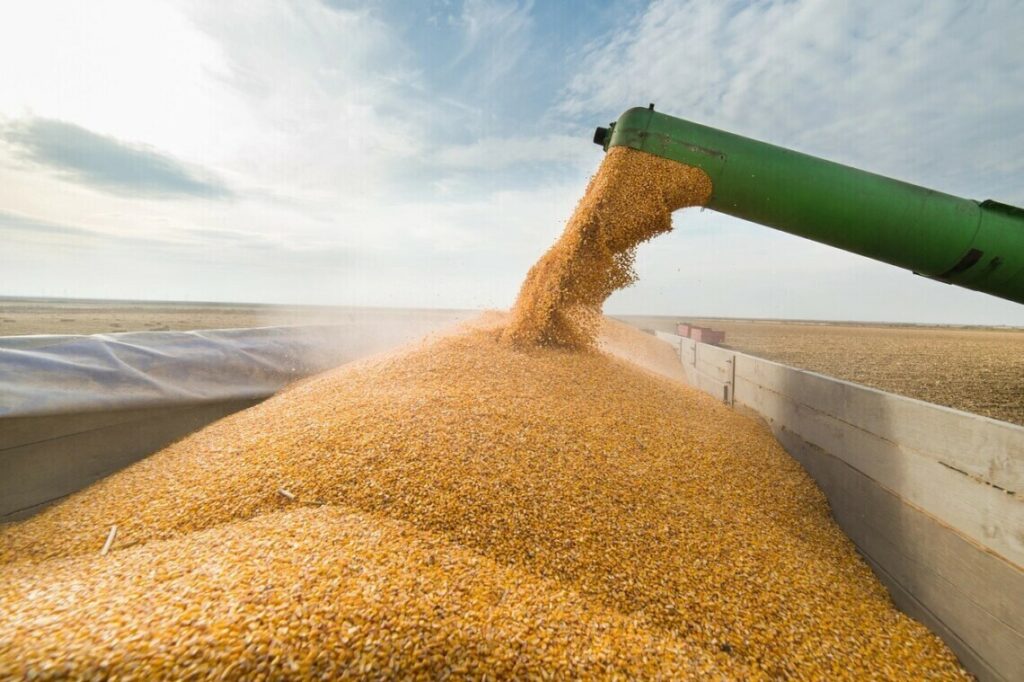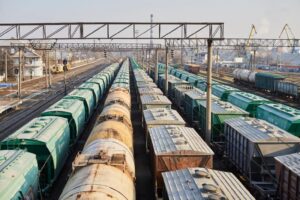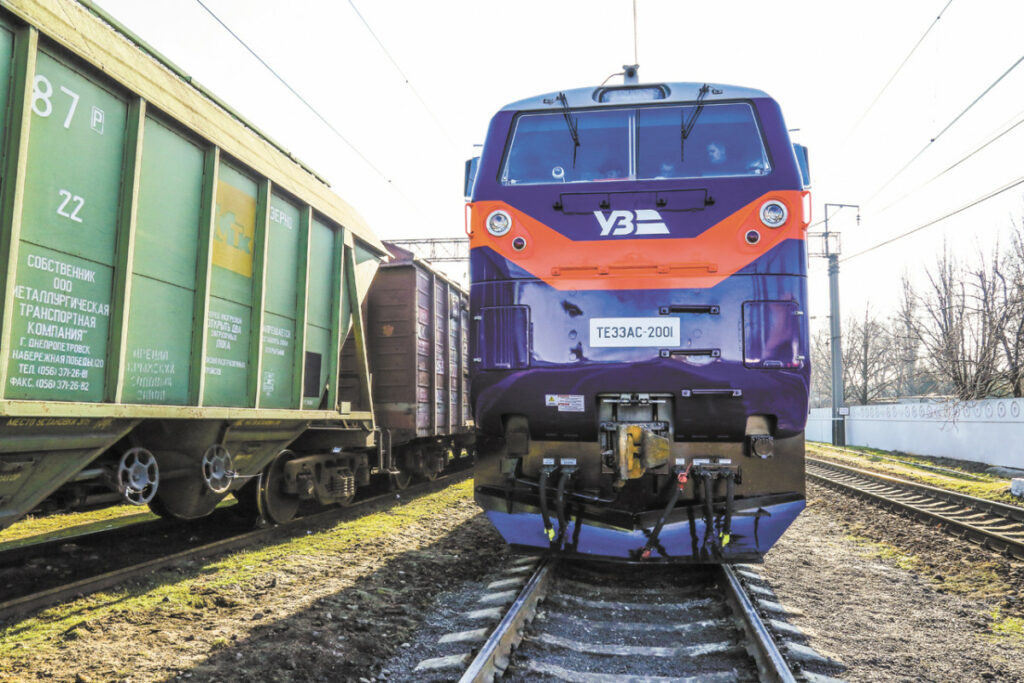Grain exports to the EU can be reduced if russian federation stops sabotaging ship inspections in the Bosphorus

Ukraine will be able to reduce the flow of road transportation of grain to Europe if russia stops blocking inspections of vessels in the Bosphorus.
Ukrainian ports are not working at full capacity due to russia’s military aggression. Therefore, for the export of Ukrainian grain, it is necessary to look for alternative logistics routes, including through Poland.
This was emphasized by the Minister of Agrarian Policy and Food of Ukraine Mykola Solskyi, commenting on the resignation of his Polish colleague Henryk Kovalchyk, the Ministry of Agrarian Policy reported.
“Russia’s war against Ukraine affected the entire global agricultural market. The aggressor country created problems both for producers (Ukrainian and, for example, Polish) and for consumers, not only here, but also in Europe and Africa. And one of the main problems is the blocking of sea routes for the export of Ukrainian grain,” the minister emphasized.
According to him, russia continues to artificially restrain the export of Ukrainian grain by sea, slowing down inspections of vessels in the Bosphorus. Only 2-3 vessels are inspected per day. If the entire world community together succeeded in pressuring russia to increase these checks, Ukraine could send several times more ships per day, accordingly, the flow of road transportation of Ukrainian grain through European countries could decrease. For a Ukrainian farmer, export by sea is cheaper, and therefore more profitable.
“Almost a year ago, the European Commission introduced the “Paths of Solidarity” initiative to establish alternative routes for the export of Ukrainian agricultural products and the import of essential goods in the conditions of the blockade of sea ports. It was a frenzy of support from Europe, including Poland, and this decision made it possible to protect the critical interests of Ukrainian farmers.
We continue to bring our markets closer together, we are in favor of healthy competition and we understand that allies should be comfortable cooperating. Unfortunately, the war made its adjustments, fortunately, the Poles understand this,” concluded Solsky.





